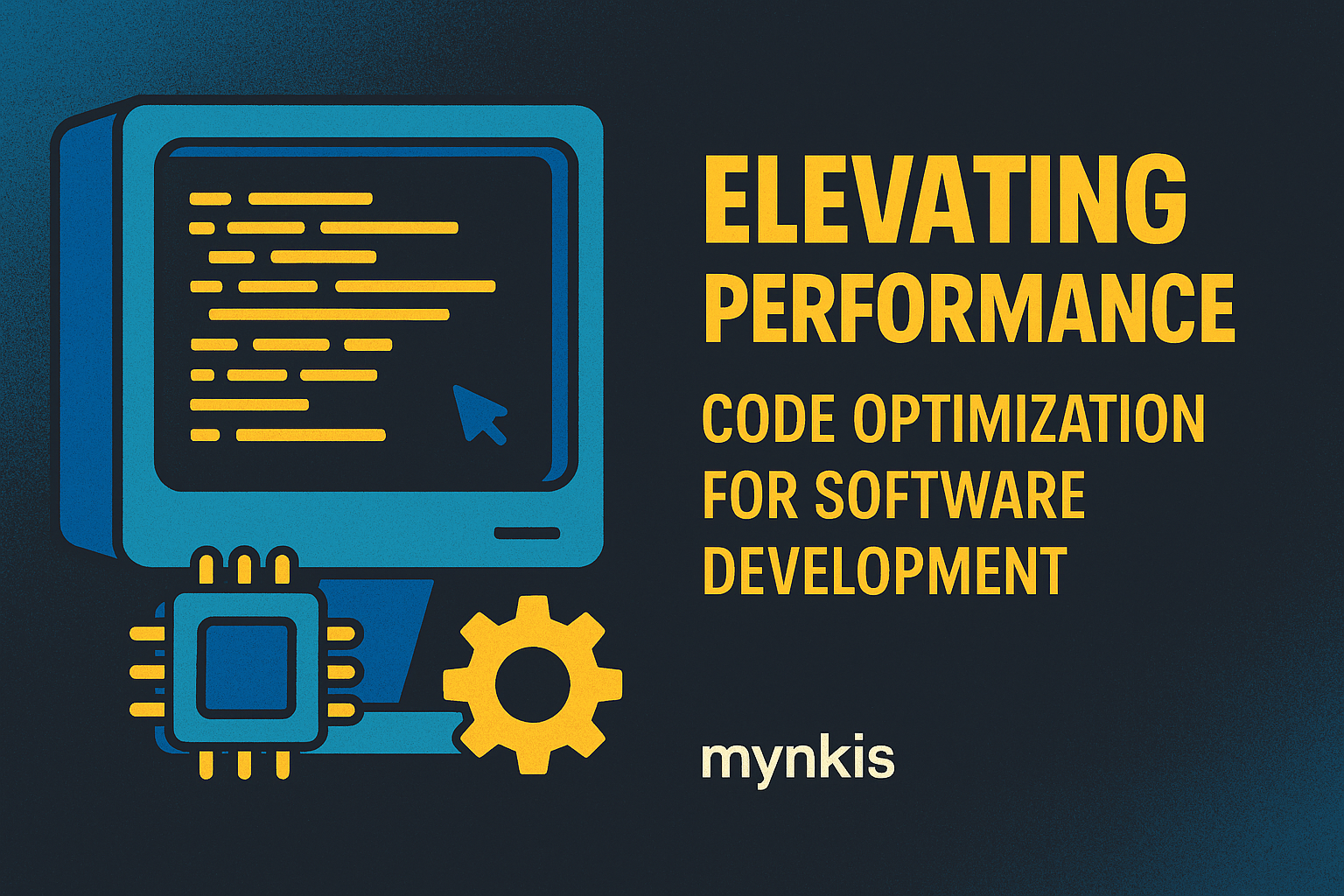Schedule a Demo
Let's talk about performance. In the world of software, optimizing your code isn't just a nice-to-have; it's essential. In my experience, high-performing software not only processes data faster but significantly enhances user satisfaction and keeps your application ahead in the market.
Performance directly impacts user conversion rates on booking-enabled websites. A laggy interface or slow load times will send potential customers packing—meaning you lose bookings and, ultimately, revenue. By streamlining your code, you ensure that your platform can handle high traffic efficiently, enhancing both the user experience and your website's ranking on search engines.
Optimization isn't just about trimming down your codebase. It's a holistic approach to ensuring every part of your software is fine-tuned for maximum performance. Here are some strategies we often focus on:
Choice of programming language and framework can also make a huge difference. Languages like Rust, known for their speed, or Node.js, with its non-blocking I/O model, can boost application performance significantly. For instance, switching to a Node.js backend for real-time applications can enhance response times and handle concurrent connections more elegantly.
Over time, code bases can become bloated. This is a natural outcome of expanding functionalities and responding to immediate needs. However, in my role working with high-profile clients across various sectors, I've seen how crucial it is to periodically audit and refine your codebase to reduce complexity. By removing redundant operations and unused code segments, you can greatly improve execution speed and code maintainability. We've saved millions in resources for clients by keeping their applications lean and responsive.
Often, the bottleneck in many high-traffic websites is the database. Optimizing SQL queries and properly indexing your database can leap you towards your performance goals. In my work with operations managers at major booking platforms, integrating regular SQL query optimizations and ensuring full use of indexing has often cut query times by 50%, which directly correlates to speedier booking confirmations and a smoother user experience.
There's always the temptation to overengineer. Finding the right balance between applying optimizations and maintaining the project's core functionality is an art in itself. My approach has always been to optimize iteratively—constantly measuring performance impact to ensure we're improving without compromising key features or development timelines. Neil Ford, Director at Thoughtworks, advises a balance between performance, architecture, and people in the DevOps culture. Aiming to hit the sweet spot could drastically enhance user retention, says the research from Google Cloud Performance best practices.
Technology and best practices never stand still. To stay relevant in sectors demanding peak web application performance like booking systems, it's vital to stay updated on new methodologies and technologies in code optimization. I've learned that aligning with organizations like Performance.now() can expose teams to cutting-edge techniques and shared best practices from industry leaders across technology hubs.
Let's dive into some real-world examples. For a client launching an eco-friendly tour booking platform, achieving quick load times was non-negotiable. By implementing Content Delivery Networks (CDNs), optimizing frontend scripts for efficiency, and leveraging custom software development techniques for their backend algorithms, we were able to ensure users experienced seamless tour bookings, even during peak season rushes. Tailoring solutions like this for specific industries maximizes the impact of each optimization effort.
After implementing optimizations, how do you know you've improved? Measurement is crucial. Through tools like Google PageSpeed Insights or custom performance benchmarking scripts, evaluating the before-and-after impact on your enterprise web solutions offers invaluable insights. Frequently checking system metrics like CPU usage, memory consumption, and response times allows for continual refinement, essential for any high-conversion booking website.
The true value of code optimization unfolds in the user's seamless interaction with your platform. For booking platforms, where every second counts, crafting a smooth, efficient booking journey is the linchpin to securing transactions. By employing best-in-class techniques across custom software development and enterprise web solutions, your application becomes a beacon of efficiency in a digital sea of competitors.
Imagine software that not only performs well today but also scales effortlessly into tomorrow's technological landscape. That's the essence of future-proofing. When architecting your custom solutions, one has to consider frameworks and methodologies that allow for easy updates and scaling. We focus on building flexible systems that incorporate new technologies like serverless computing or containerization when it fits, ensuring that your booking platform can adapt to growing demands without stalling performance.
Lastly, beyond just the tactics and tools, fostering a culture of performance within your development teams is transformative. Encouraging regular code reviews and peer learning sessions not only ensures optimizations are considered from the start but creates a development environment where excellence in custom software development and enterprise web solutions is part of daily dialogue. When performance becomes part of your company's DNA, you unlock a realm of sustained improvement and peak user experience on any platform—be it a sophisticated booking engine or a critical financial portal.
